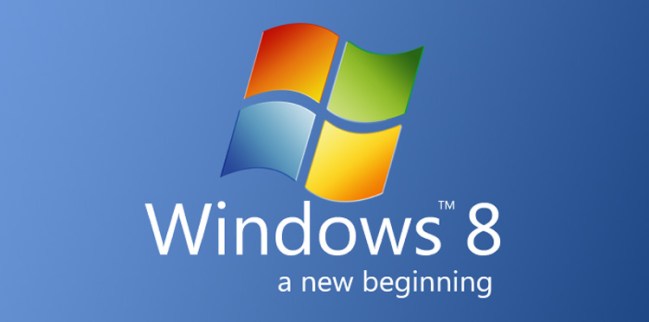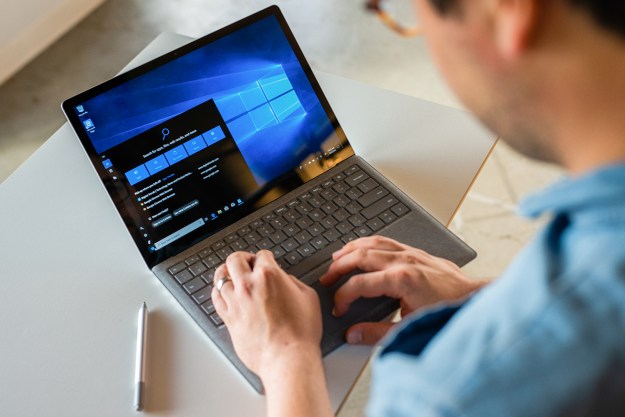 Speaking at the Microsoft Developer Forum in Tokyo on Monday, the company’s CEO, Steve Ballmer, uttered together the words “Windows” and “Eight” for the first time, seemingly confirming what most people seemed to know already – that the next version of the Windows operating system (that’ll be the one after Windows 7), will be called Windows 8. Furthermore, it looks set to be released in 2012.
Speaking at the Microsoft Developer Forum in Tokyo on Monday, the company’s CEO, Steve Ballmer, uttered together the words “Windows” and “Eight” for the first time, seemingly confirming what most people seemed to know already – that the next version of the Windows operating system (that’ll be the one after Windows 7), will be called Windows 8. Furthermore, it looks set to be released in 2012.
Executives at Microsoft had been careful, up to now, to avoid discussions about the name and release date of the next Windows operating system, preferring to keep the whole thing under wraps. But yesterday, “Windows 8” slipped out of Ballmer’s mouth as easily as a piece of succulent salmon sushi slips down the throat on a mild spring day in the Japanese capital.
This from Ballmer’s speech:
“We’re obviously hard at work on the next version of Windows. Windows 7 PCs will sell over 350 million units this year. We’ve done a lot in Windows 7 to improve customer satisfaction. We have a brand new user interface. We’ve added touch, and ink, and speech. And yet, as we look forward to the next generation of Windows systems, which will come out next year, there’s a whole lot more coming. As we progress through the year, you ought to expect to hear a lot about Windows 8. Windows 8 slates, tablets, PCs, a variety of different form factors.”
There you go, two mentions in the space of a few seconds. Now, it might be that the references slipped out accidentally – it was, after all, toward the end of his presentation, by which time the jet lag was probably really kicking in.
Details of Windows 8 features weren’t forthcoming, though earlier in his speech Ballmer may have given some clues, talking about the idea that users “really want to speak, wave and gesture, touch and mark on our computing devices.” He continued: “We want smart devices to work the way we work, to recognize us and our actions. Speech recognition, vision, handwriting recognition, touch interfaces, these are all part of the theme.”
In the same speech in Tokyo, Ballmer talked about the new version of Windows Phone, codenamed “Mango,” which he said will have more than 500 new features. More details about the phone will be unveiled at Microsoft’s Mango event in New York on Tuesday.
UPDATE: According to GeekWire, Microsoft has just released a statement regarding Ballmer’s Windows 8 comments: “It appears there was a misstatement. We are eagerly awaiting the next generation of Windows 7 hardware that will be available in the coming fiscal year. To date, we have yet to formally announce any timing or naming for the next version of Windows.” See, we told you it was the jet lag. It does look rather like Steve’s let the cat out of the bag though.
Editors' Recommendations
- How to set up Windows 11 without a Microsoft account
- How to delete Google Chrome on Windows and Mac
- Microsoft finds a sneaky way to slip more ads into Windows
- Microsoft announces a new threat to push people to Windows 11
- How to uninstall Windows 11 and rollback to Windows 10


